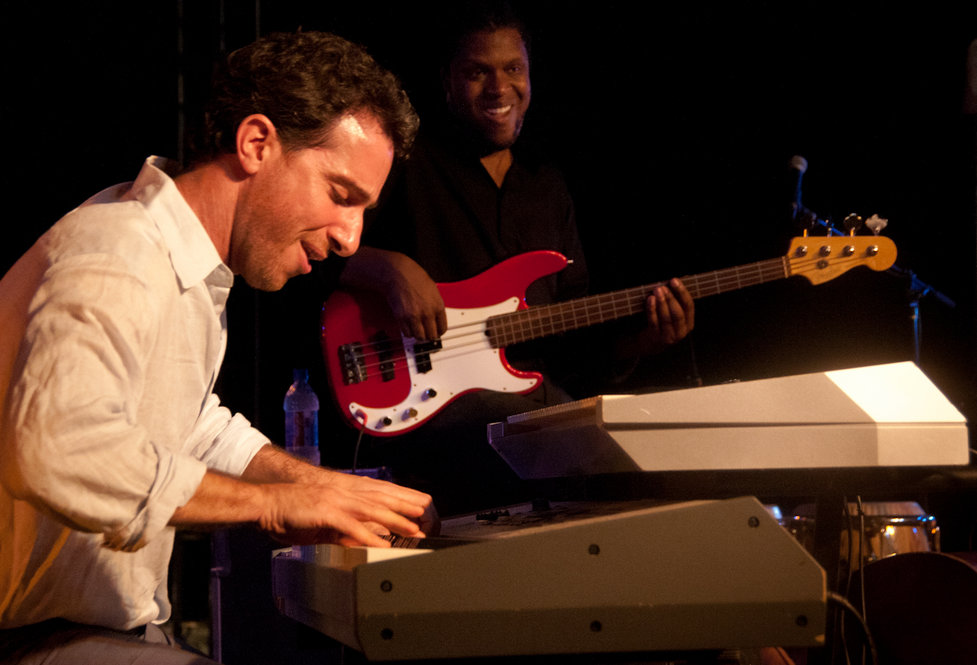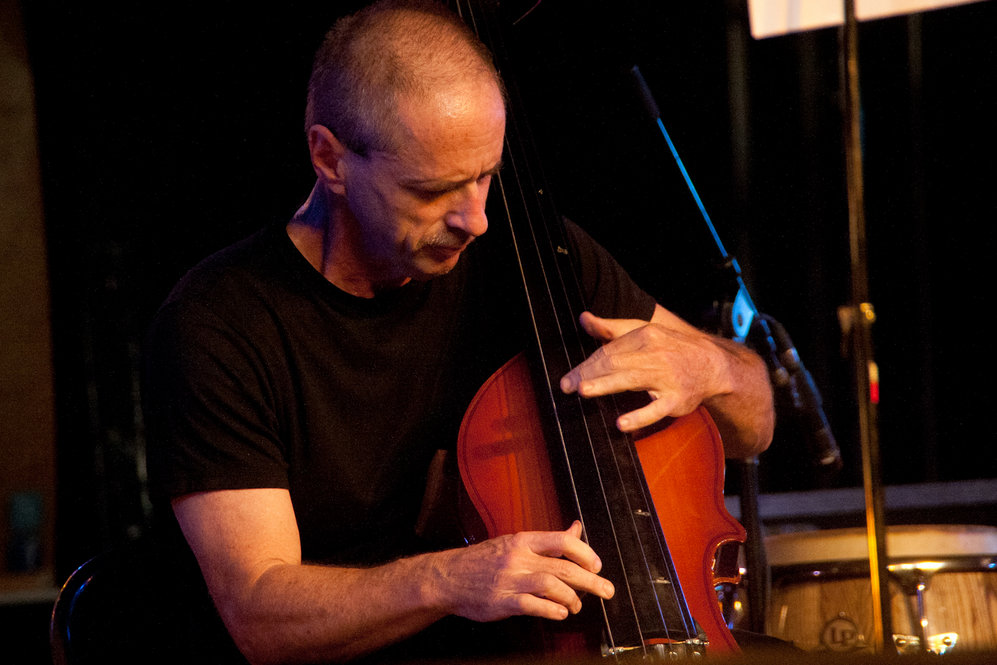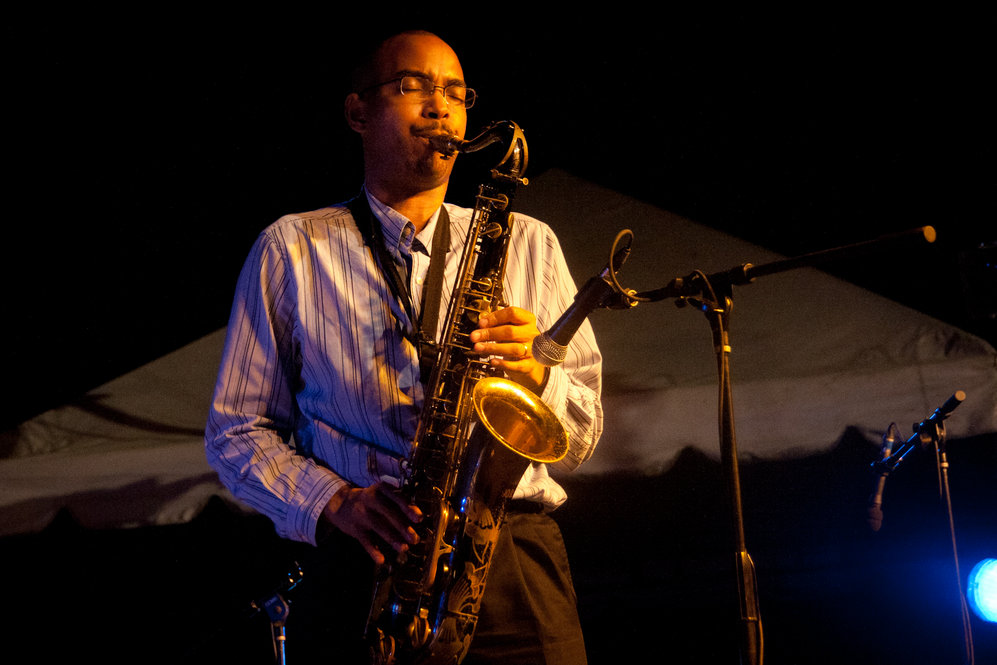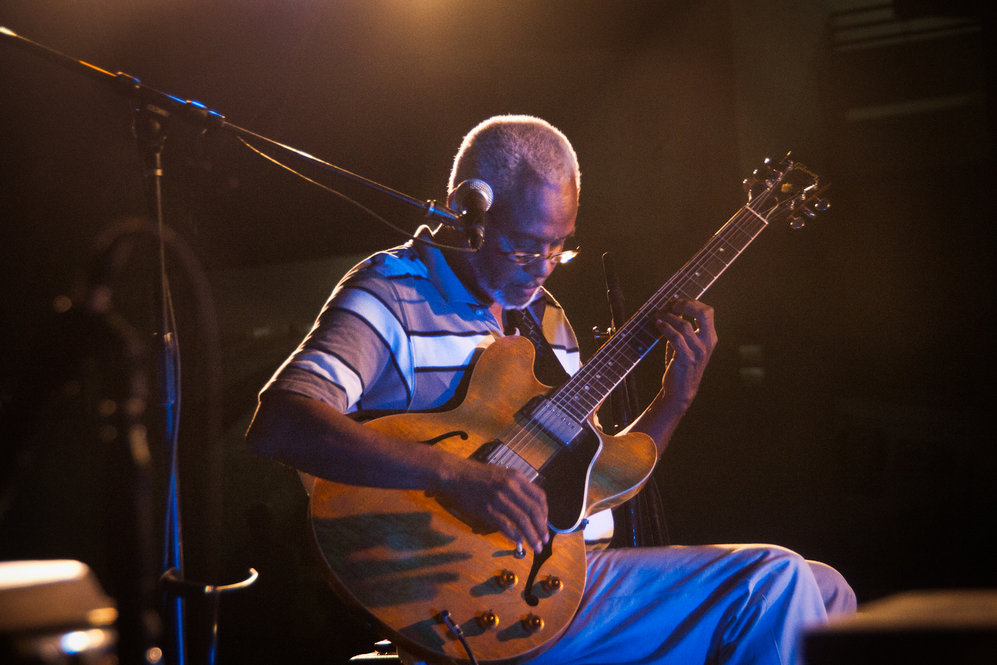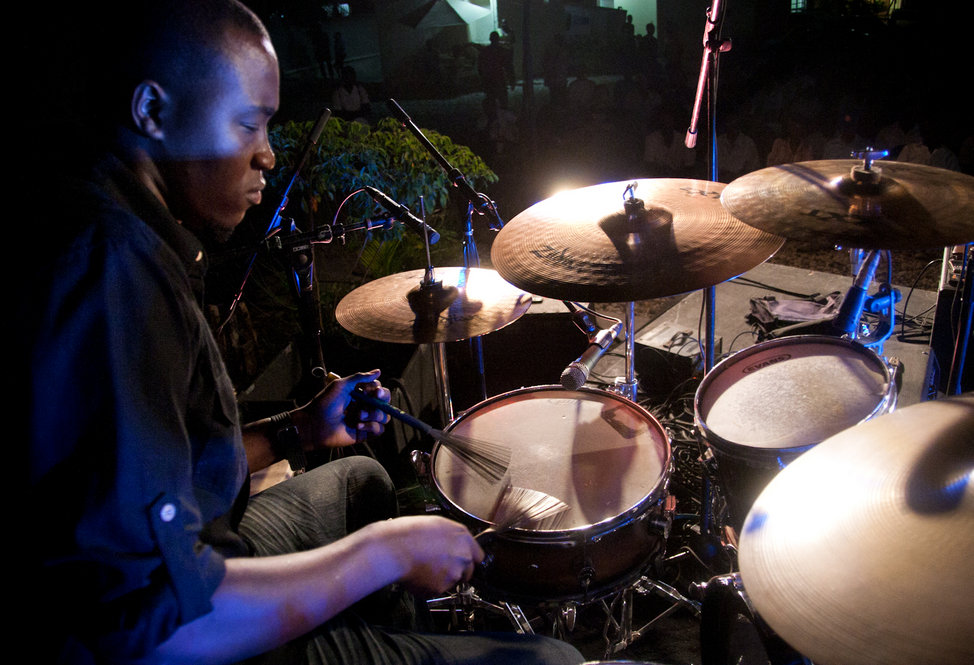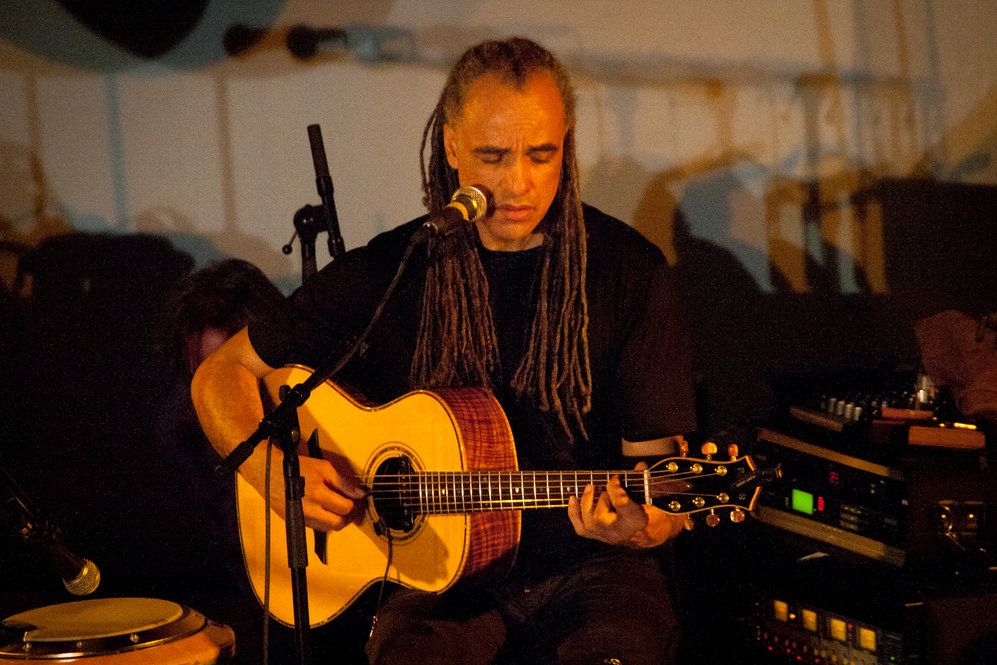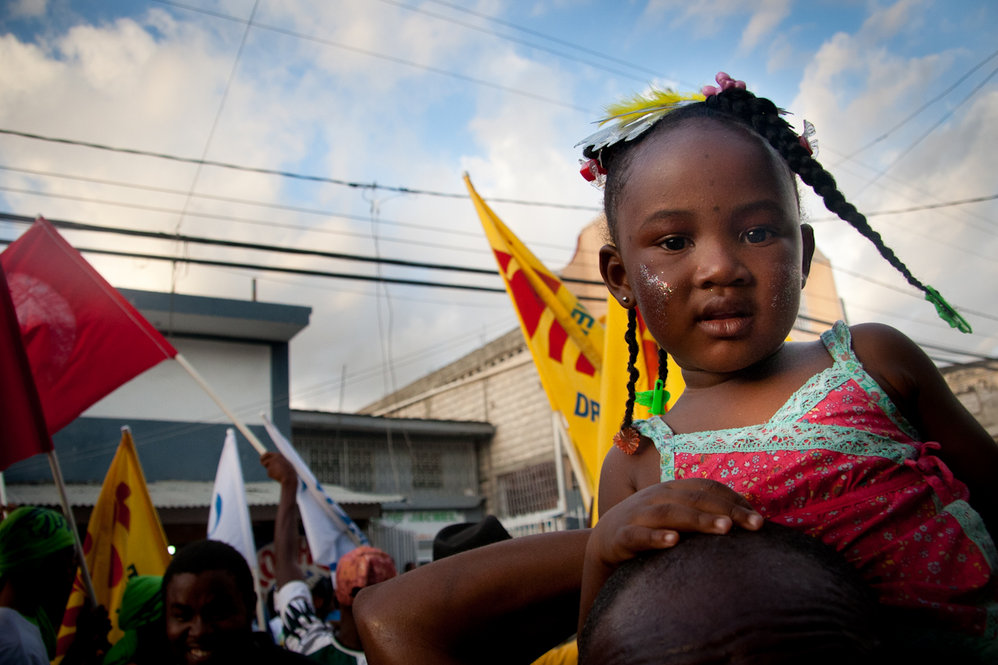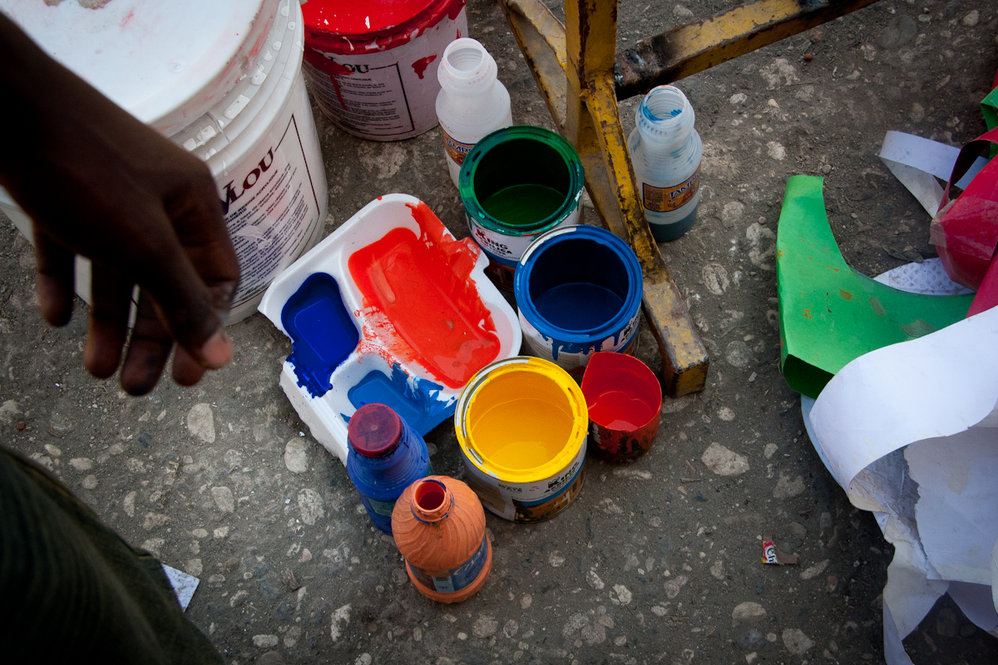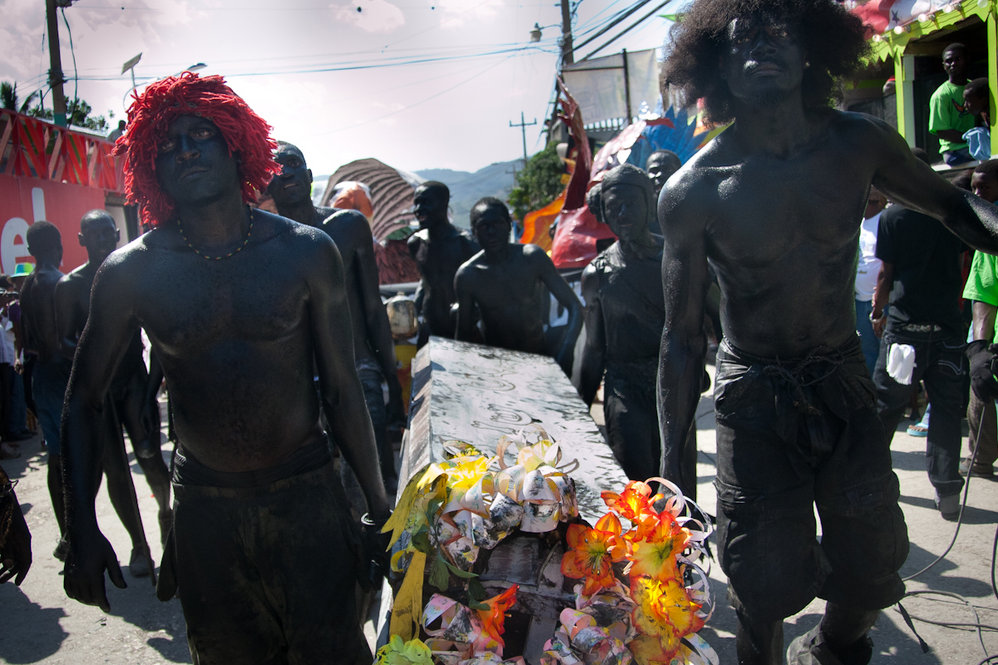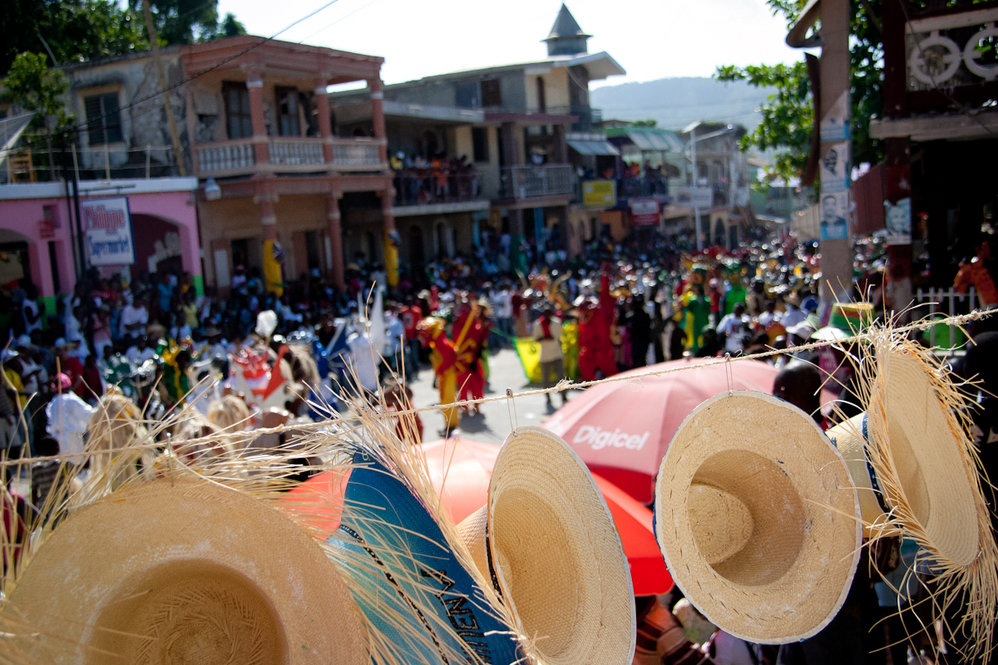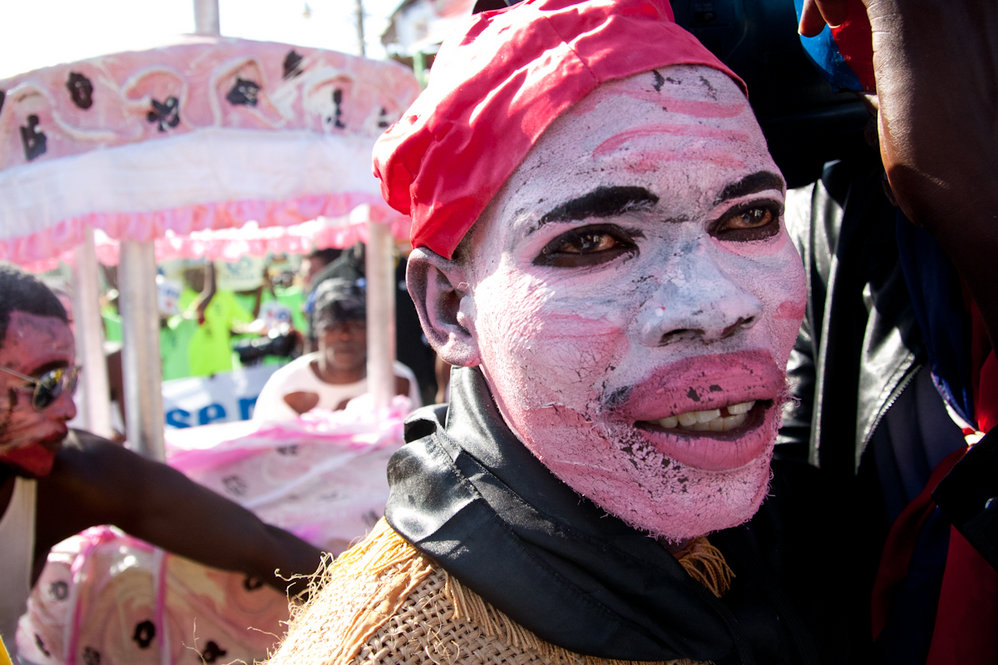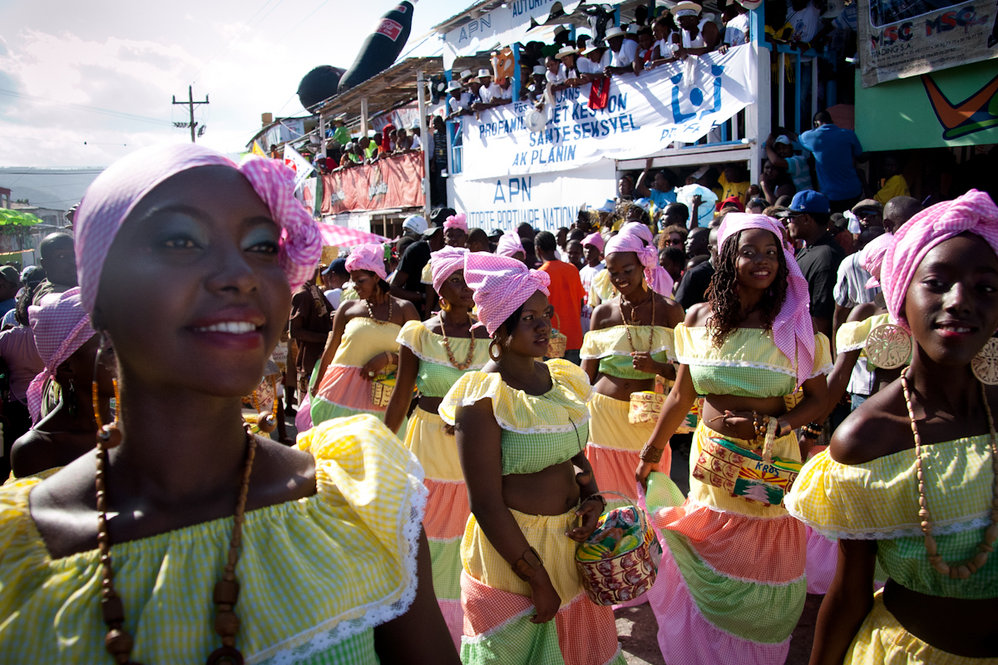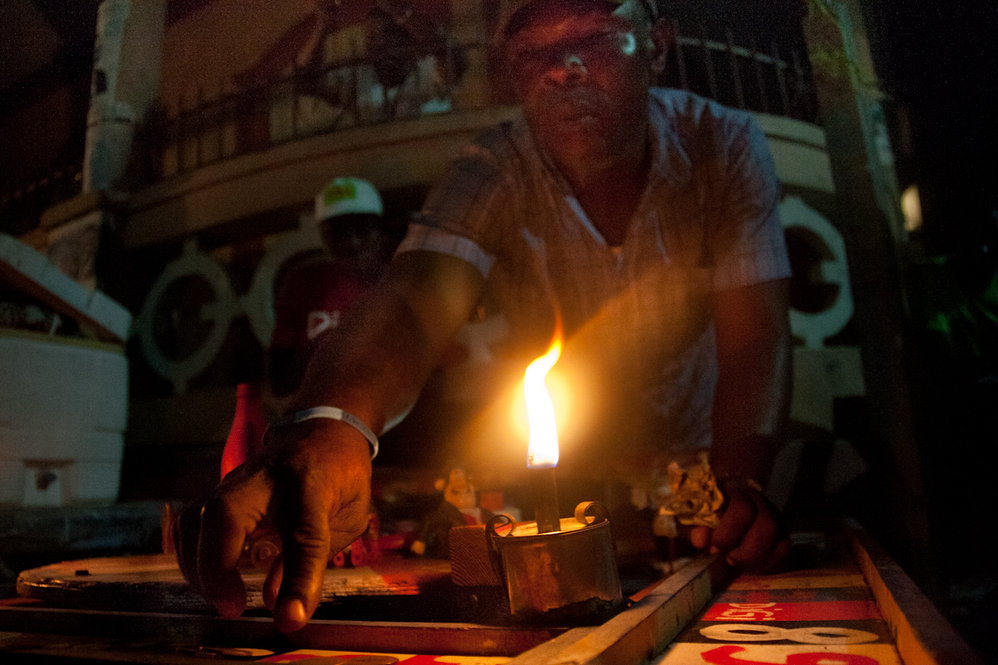PORT-AU-PRINCE, Haiti — Former U.S. President Bill Clinton launched a new business loan program in Haiti on Tuesday aimed at helping bolster an economy that was devastated by the January 2010 earthquake.
Clinton said the first loan in the $20 million program is being made to Caribbean Craft, which produces colorful goods such as carnival masks, sculptures and paintings for export and lost its workshop in the earthquake.
The company is receiving a loan of $415,000, with interest to be paid back to the program to help make additional loans in the future, Clinton told reporters as he toured Caribbean Craft’s workshop near the airport in Port-au-Prince. He said the money will help the operation hire 200 more workers. He didn’t say how many employees it has now.
Clinton, who has been active in Haiti reconstruction through his foundation and as co-chairman of the Interim Haiti Recovery Commission, said he had been “surprised and disturbed” to learn of the difficult loan terms available for even Haitian businesses with solid credit.
“One of the biggest problems in growing the Haitian economy is that there is really no facility that grants small business loans on reasonable terms,” he said.
Click HERE to see the full AP story as it appeared at Yahoo! News.
